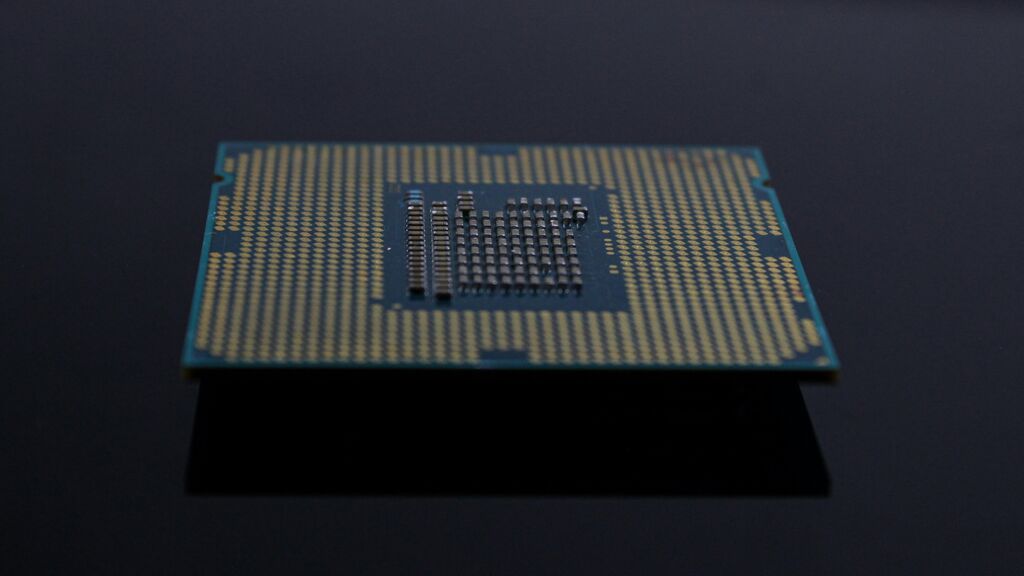Assisted Suicide
Assisted suicide implant invented for dementia patients

Dr Philip Nitschke, inventor of the Sarco suicide pod, has unveiled plans for a controversial new device: an implantable 'kill switch' that would allow people diagnosed with dementia to end their lives at a later stage, regardless of their mental capacity at that time.
A New Kind of Euthanasia Device
Dr Philip Nitschke, a former physician often referred to as "Dr Death", is well known for designing the pod—a machine which enables users to commit suicide by pushing a button to release nitrogen, causing death by hypoxia.
However, his latest invention would be implanted into the person’s body—most likely in the leg—and fitted with a timer that emits a beeping sound and vibration as a daily reminder to deactivate it.
Once a patient reaches a predetermined stage of cognitive decline, such as advanced dementia, the device would automatically release the substance and end their life.
Nitschke says the proposal is meant to address a growing problem: individuals with early-stage dementia who support assisted suicide, but fear they will lose capacity before being able to act — known as the 'dementia dilemma'.
He acknowledged there are 'very real problems' with the switch that his team were working to solve, but claimed that it would 'work well enough and be reliable enough for people to see it as the answer to a very, very difficult problem.'
Device raises serious ethical concerns
Critics warn that the idea bypasses vital safeguards, and could endanger vulnerable individuals who may change their minds but no longer be able to communicate that wish.
Alistair Thomspon from Care Not Killing responded:
'This is yet another chilling development from Dr Death who brought us the personalised gas chamber. Not content with advocating for killing vulnerable terminally ill adults, he has turned his attention to those with neurodegenerative conditions.
But we should not be surprised, because when a society decides that some lives are worthless and should be ended, this is the slippery slope you quickly go down.'
The slippery slope of assisted suicide
In the Netherlands, patients are allowed to sign an advance euthanasia directive, permitting doctors to end their life once they reach the late stages of dementia.
However, Nitschke argues that this system remains flawed, as it places the responsibility for death in the hands of medical professionals rather than the individual.
“It doesn’t work well at all,” Nitschke says. “I’ve spoken to many Dutch doctors who have tried to follow the directive, and they’re not satisfied with it.”
He questions the practical and ethical challenges of relying on a document signed years earlier when the patient is no longer aware of their surroundings. Instead, he proposes that individuals should have the means to carry out the act themselves.
“Rather than outsourcing your death to someone else, you can manage it yourself with advanced technology,” he explains.
As MPs in Westminster prepare to debate assisted suicide on 13 June, Nitschke’s proposal raises renewed fears about a slippery slope—where safeguards are gradually eroded, and the most vulnerable risk being placed in harm’s way. The debate will revisit growing concerns about where legalised assisted suicide may ultimately lead.
Share
